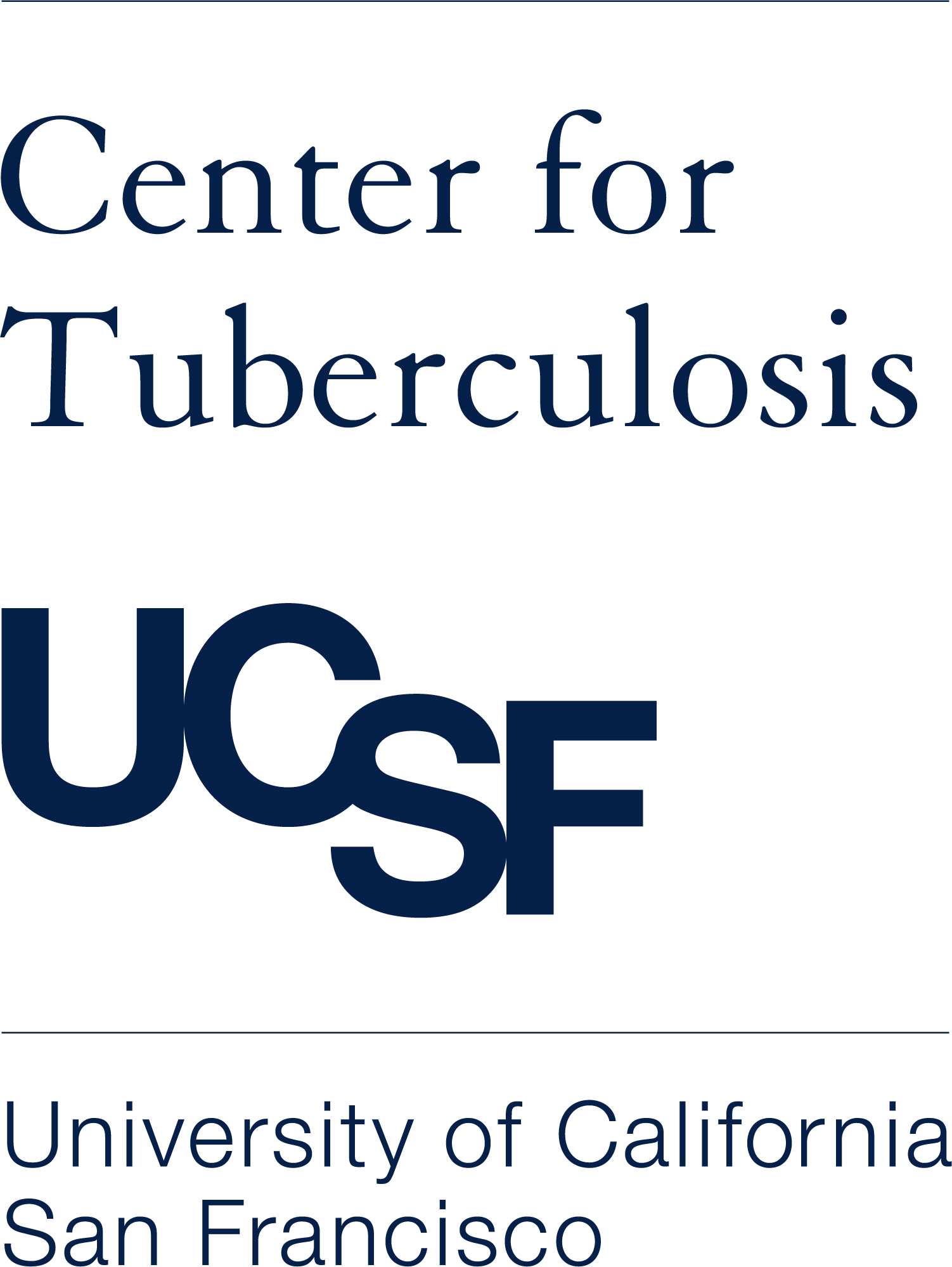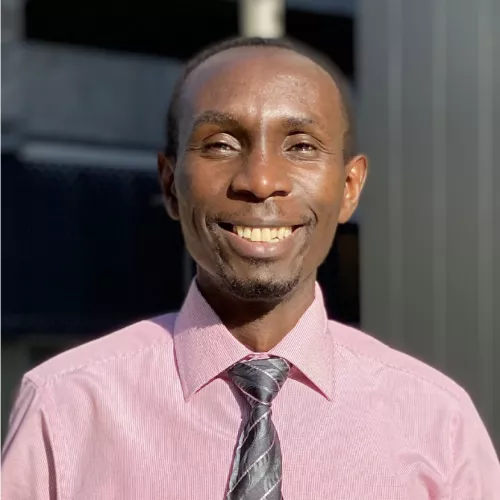Researcher Spotlight
Postdoctoral Scholar, Ernst Lab UCSF Postdoctoral Fellow, Helen Hay Whitney Foundation
Tell us about yourself and what piqued your interest in TB research?
I was born and raised in Kenya where I began my research career at the Institute of Primate Research (Nairobi) studying schistosomiasis (bilharzia) focused on preclinical vaccine testing and diagnostics. Driven by my interest to understand host immune responses to infections, I transitioned to TB research when I joined Dr. Alasdair Leslie at the Africa Health Research Institute (Durban, South Africa) to study human T-cell immunity to Mycobacterium tuberculosis (Mtb) at the site of infection - the lung. Since Mtb can evade the host immune responses and survive for many years, causing clinical disease in about 10% of those infected, I want to conduct research that contributes to further understanding of why some individuals lose the ability contain Mtb upon exposure.
What recent project have you been working on that you’d like to share with us?
I am working in the TBRU-ASTRa (Tuberculosis Research Unit – Role of Antigen Specific T-cell Responses in the Control of TB - http://tbru.emory.edu) which is a household contact study where we recruit and monitor Mtb exposed individuals at the highest risk of progression to active TB disease.
Tell us about your role in this study/project?
My role in this study is to design experiments to study T-cell immunity to Mtb over time using different techniques and assess how T-cell signatures differ between progressors and non-progressors. The goal is to detect host and bacterial factors that distinguish between the two groups and identify correlates of protective immunity.
Did anything surprise you while conducting your research?
We have taken a unique approach of monitoring T-cell responses to individual distinct Mtb antigens as opposed to Mtb antigen pools. What we have found exciting, yet unexpected, is our observation that a set of less studied antigens elicit a robust interleukin-17 (IL-17) responses while the more commonly studied antigens do not. This observation is important for two reasons; (i) it provides additional evidence of the existence of interferon-gamma (IFN-γ) independent T-cell immunity in Mtb exposed individuals, and (ii) it demonstrates that distinct Mtb antigens elicit different T-cell responses, and we hypothesize that the differences in responses determine the outcome of Mtb infection. We are currently conducting experiments to test this hypothesis.
In what way do you anticipate this work will contribute to TB science advancement?
Since there will be different outcomes – progression to active TB or maintained latent TB infection (controllers), our study will identify individuals likely to progress to active TB disease before their time of progression allowing prioritization of these vulnerable individuals for control interventions. Secondly, our observations on distinct Mtb antigens have a potential of identifying new vaccine candidates for TB.
If applicable, what is your next move after this research is wrapped up? What do you have in the pipeline, or in mind for future research/projects?
In the future, I want to continue working on TB vaccine research. In particular, I will extend my interest in Th17 immunity to TB to identify mechanisms by which these cells contain Mtb and explore strategies in which vaccination could boost Th17 mediated responses because our work and those of others have shown that Th17 have a beneficial role in Mtb control. I would also like to conduct studies that seek to understand the interaction between immune cells that are infected by Mtb (innate cells) and T-cells that lead to containment of infection. These studies have the potential of identifying host directed therapies against TB.
If you could direct funding sources to any element of TB research, where would you invest? Why?
I would channel more funding to basic science research for TB because there are a lot of things we do not fully understand yet. For instance, we do not completely know what the correlates of protection for TB are – natural or vaccine engendered protection. Can you imagine that after 100 years of BCG, the only licensed vaccine against TB, it is now that we are beginning to unravel, in detail, mechanisms of BCG driven protection in experimental animal models of TB? A deeper understanding of host-pathogen interactions will accelerate efforts to design better vaccination strategies, host directed therapies and other interventions.
What is one thing you wish funding partners / sponsors understood about TB research?
Infrastructural investment to promote TB research especially in TB endemic regions where the population bear the biggest burden of the disease but the appropriate set-up to conduct cutting edge research in a timeous manner is lacking. Ability to conduct research at the epicenter of the problem has the added advantage of tailoring intervention approaches in line with local needs with higher uptake by those for whom they are intended.
What lesson or advice would you give your younger self when you initially got into research/medicine?
Do not fear to follow your dreams because the main limitation to one’s potential is self-doubt.
TBRU-ASTRa (Tuberculosis Research Unit – Role of Antigen Specific T-cell Responses in the Control of TB)

